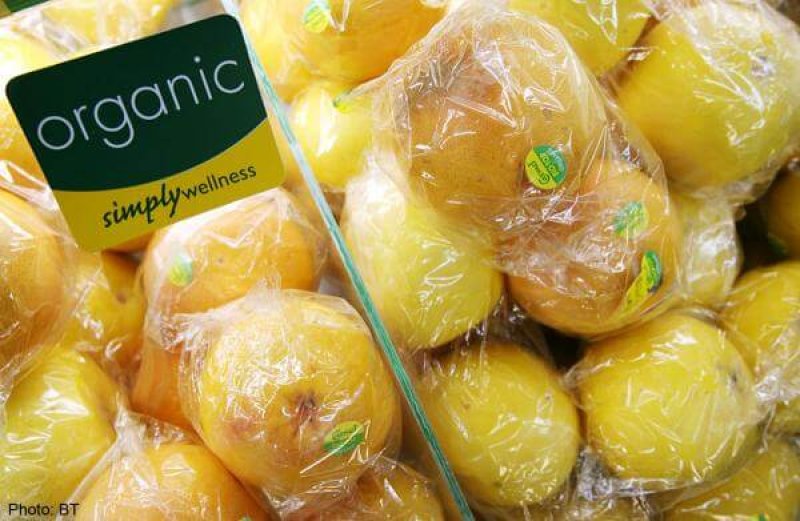Most of us buy conventionally produced food most of the time. But organic food has been growing in popularity among people who believe, among other things, that it is largely pesticide-free. These believers might be gladdened by a new study just published in the British Journal of Nutrition, which finds that organic food indeed has less pesticide residue than conventional food.
All farmers have to deal with pests. Conventional farmers use synthetic pesticides, which organic farmers are not allowed to use. That is why many people think organic farmers use no pesticides at all. Many believe that, eschewing synthetic pesticides, organic farmers rely only on careful crop selection, crop rotation, manure, insect traps and composting, as well as biological pest controls such as predator insects and beneficial micro-organisms.
Unfortunately, these methods are not always enough. So pesticides remain necessary – thus creating the organic food industry’s dirty little secret. Take rotenone, a widely used organic pesticide. Derived from a few sub-tropical plant species, it is poisonous to nerves or nerve cells. Indeed, it has been found to cause Parkinson’s disease in laboratory mice.
Read the full, original article: Is organic food really free from pesticides?































